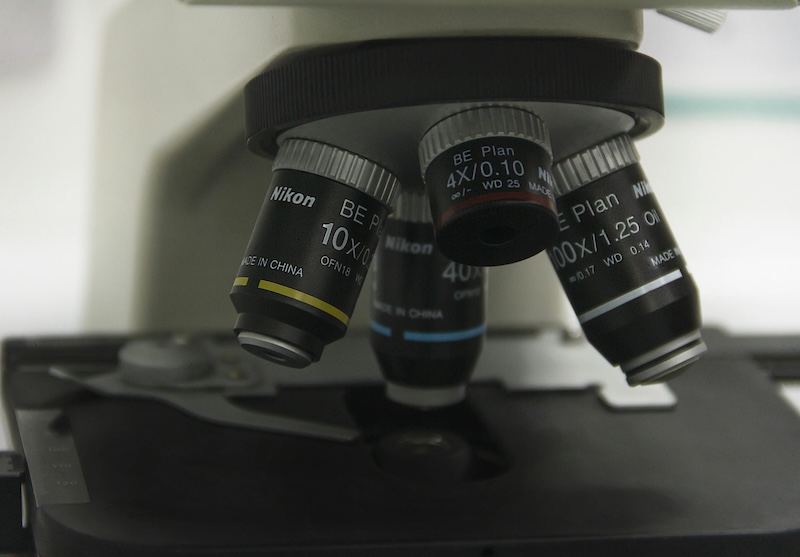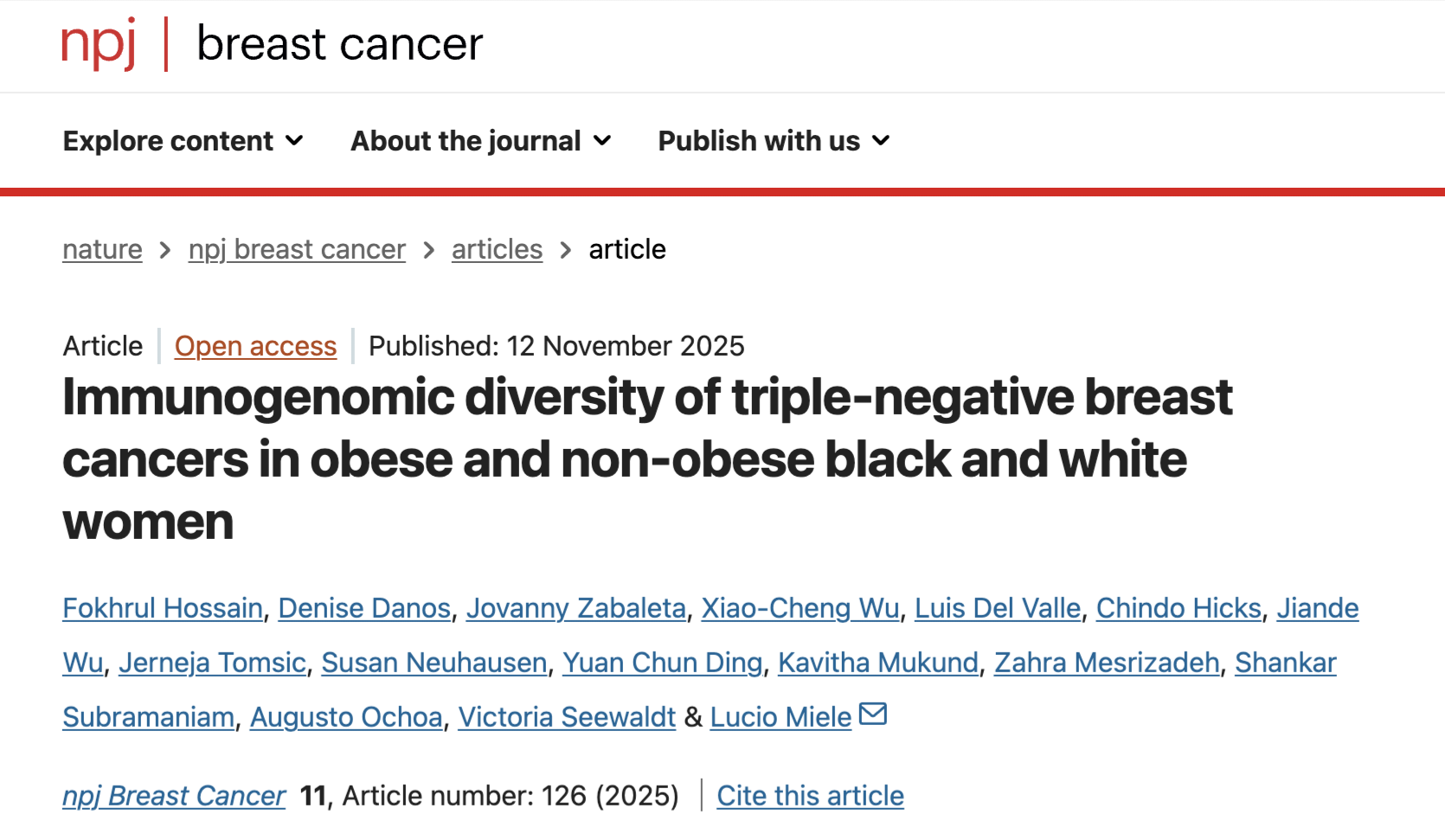
Age-Related Versus Cancer-Related Muscle Loss
Cancer patients often experience weight and muscle loss due to a metabolic disorder known as cachexia. This syndrome is common in people with gastrointestinal or lung cancers, and those with advanced disease. “Patients with cachexia experience involuntary weight loss, reductions in muscle mass and often fat mass—and a decline in muscle strength and function,” explained Efthymios "Makis" Papadopoulos, PhD, a member of the Louisiana Cancer Research Center faculty and assistant professor and director of the Exercise Oncology and Muscle Aging Lab in the School of Kinesiology at LSU in Baton Rouge.
.jpg)
Dr. Papadopoulos’s research aims to understand the role of skeletal muscle quantity, quality, and function in predicting clinical outcomes before, during, and after cancer treatment. His recent review of scientific literature on cachexia and sarcopenia, an age-related syndrome characterized by low muscle mass, strength, and function, was published in the October 2025 issue of Springer Nature.
“My goal is to examine targeted interventions that can mitigate or reverse muscle-related impairments due to sarcopenia or cachexia,” Dr. Papadopoulos said. “We hope the review will increase awareness about the pathophysiological differences and similarities between the two conditions and methods for assessing sarcopenia and cachexia in clinical practice.”
Currently, there are no FDA-approved drugs for treating sarcopenia or cachexia. However, Dr. Papadopoulos mentioned that progress has been made through ongoing research efforts. “Resistance training, also known as strength training, has been shown to improve muscle mass, muscle strength, and function in sarcopenic individuals without cancer.” Dr. Papadopoulos said. He added that whether resistance training can improve muscle outcomes in patients with cancer cachexia requires further study.




